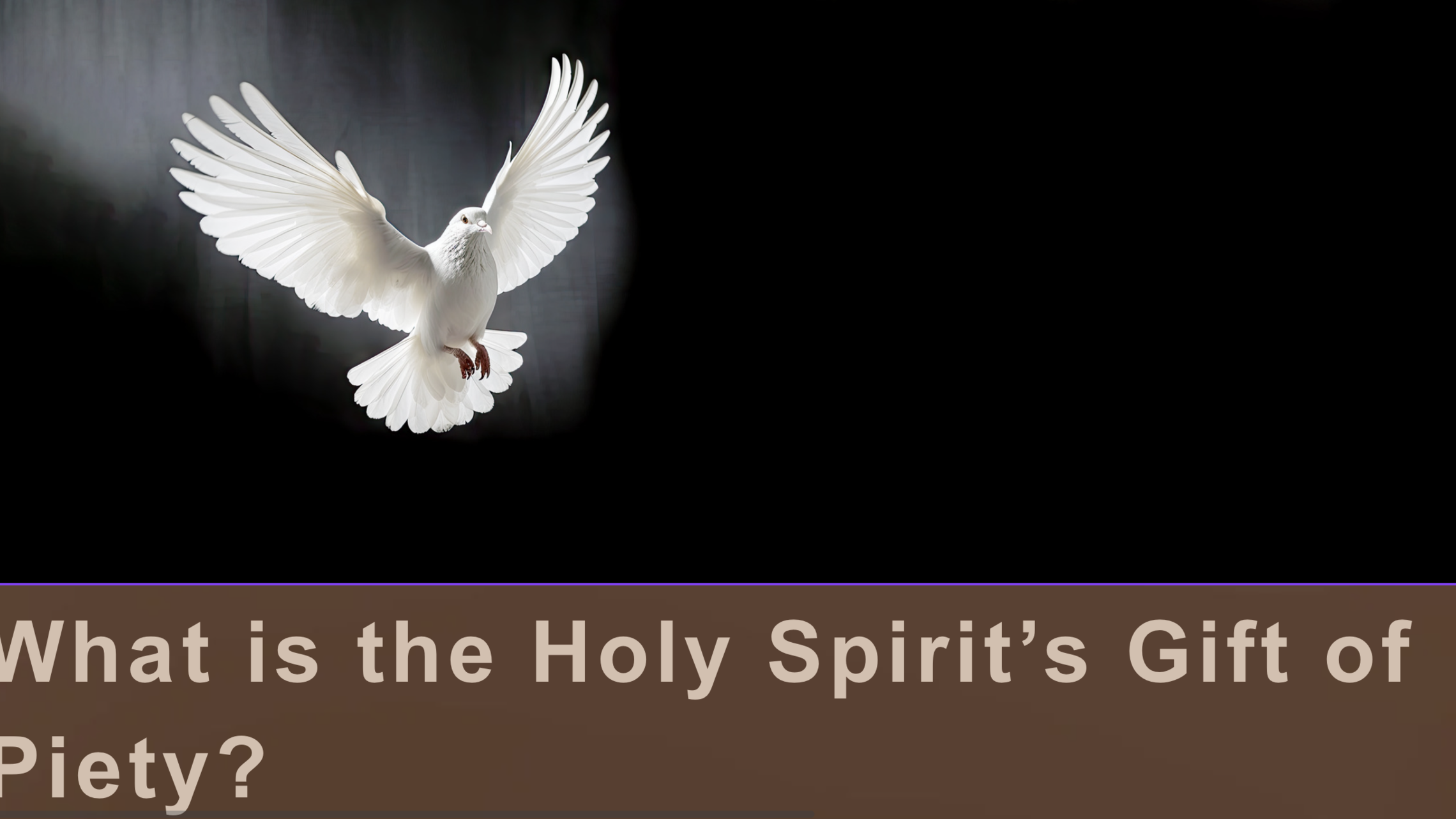HAVING A BAD DAY?

Try This!
Triolet
A Poem by G. K. Chesterton
I wish I were a jelly fish
That cannot fall downstairs;
Of all the things I wish to wish
I wish I were a jellyfish
That hasn't any cares
And doesn't even have to wish
'I wish I were a jellyfish
That cannot fall downstairs.’
Ostriches and Aardvarks
And Other Things Worth Considering
by Fr. Frederick Edlefsen
“Roses are red. Violets are blue. You think this will rhyme. But it won’t.” Per Steve Allen, “That’s funny for only one reason. You expected one thing and got another.”
Solemnity precedes humor. Consider Mass. Ornate vestments, gilded vessels, priestly prayers changing bread and wine into Christ’s Body and Blood. Mass is a sacred absurdity. A priest processes up the church aisle in an ornate horse blanket, utters cryptic orations to which everyone responds, “Amen” or “And with your spirit.” He takes bread and wine and “transubstantiates” it into Christ’s Body and Blood for the forgiveness of sins.
Who invented that? When God touched humans, something sacred yet absurd happened: ritual, religion, forgiveness, and love. We do it again-and-again, like gleeful children who say, “Do it again!” It’s wonderful. Catholicism is a bottomless treasure chest of wonders that beget humor. Humor’s art blossoms from play and poetry, from prayer and meditation, from sacrifice and redemption.
“Humor,” “humility,” and “human” derive from “humus”, meaning “from the earth” (not to be confused with “hummus” from chickpeas). Humor and humility are realistic and yet romantic because they’re about redemption. Like comedians, they don’t try to be funny. They say what they see. They confess sins. “My brother was an only child,” said Jack Douglas.
St. Thomas Aquinas said a lack of humor is a vice. Humor feeds fellowship, virtue, and charity. But it’s a delicate flower. Humor reeks of cynicism when innocence is lost. Humor’s light, rather, flows from the struggle to let grace purify the heart. This can be painful and at times disappointing. For example, Jack Douglass was so virtuous that he gave up smoking seven times. Struggle begets humor.
Wonder revives humor in playful ironies. A duck-billed platypus makes no sense. Nor do ostriches and aardvarks. No one knows why they do what they do. But they are wonderful — and funny. They are graceful parodies of grace. Embrace humor’s prophecy: Paradise. “Oh Wonder! I have become a child again!”
Categories:



